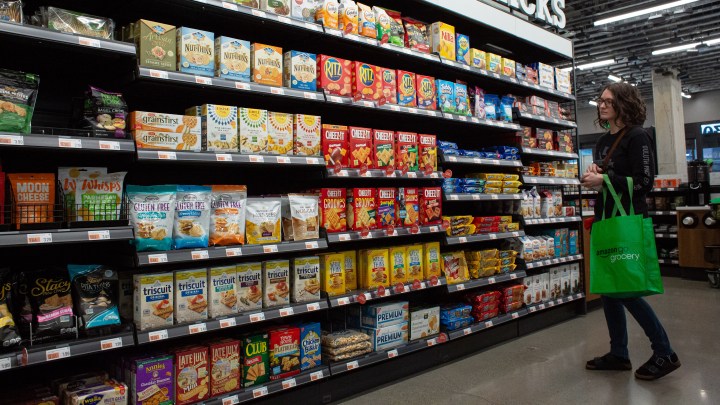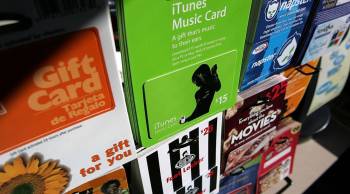
Store brands are becoming more popular during the pandemic
Store brands are becoming more popular during the pandemic

More brand names are narrowing their product lines in the grocery store. Kraft Heinz is the latest to move to sell a big brand. It’s in talks to sell Planters, according to The Wall Street Journal.
It’s all part of a growing strategy among big brands to focus on its top-selling products as store brands, a growing industry, take a bigger hold of the market.
Mary Rysdale is a careful shopper. She compares unit cost instead of sale price. She drives an hour from her house in Southern California to go to Costco. And she prefers store brands. But there’s one item she won’t skimp on: toilet paper.
“I have certain brands that I really like, and unfortunately my politics of choice don’t always follow what my tush wants,” she laughed.
I received a lot of tweets and emails while working on this story from people saying they love copycat products from Trader Joe’s and Aldi. But there are also a few brand-name products you — or specifically, your kids — can’t live without.
Phil Lempert at supermarketguru.com said cereal is one aisle where copycats aren’t king. But he has some advice.
“Buy Fruit Loops, then buy the store-brand Fruit Loops when you’re out of it. Then put the store brand in the Fruit Loops box,” he said. “And the kids will never know the difference.”
The point is copycat products are much better than they used to be. And consumers are noticing. Last year, the private-brand industry grew almost 20%, while large national brands lost market share. That’s according to consumer insights firm IRI. Generics are now mainstream.
“That stigma isn’t there, that he can’t afford the real stuff so he has to buy the store brand. So it’s really changed,” Lempert said.
More people buy store brands during a recession. And during the pandemic, shoppers haven’t always had a choice when shelves go bare.
“Private labels always gain when people are forced to try them and then update their belief system, which makes them stick to them,” said Katrijn Gielens, a marketing professor at the University of North Carolina who researches retail and brands.
She said private labels will continue growing, though they do need name brands to crank out new products to keep playing copycat.
There’s a lot happening in the world. Through it all, Marketplace is here for you.
You rely on Marketplace to break down the world’s events and tell you how it affects you in a fact-based, approachable way. We rely on your financial support to keep making that possible.
Your donation today powers the independent journalism that you rely on. For just $5/month, you can help sustain Marketplace so we can keep reporting on the things that matter to you.


















